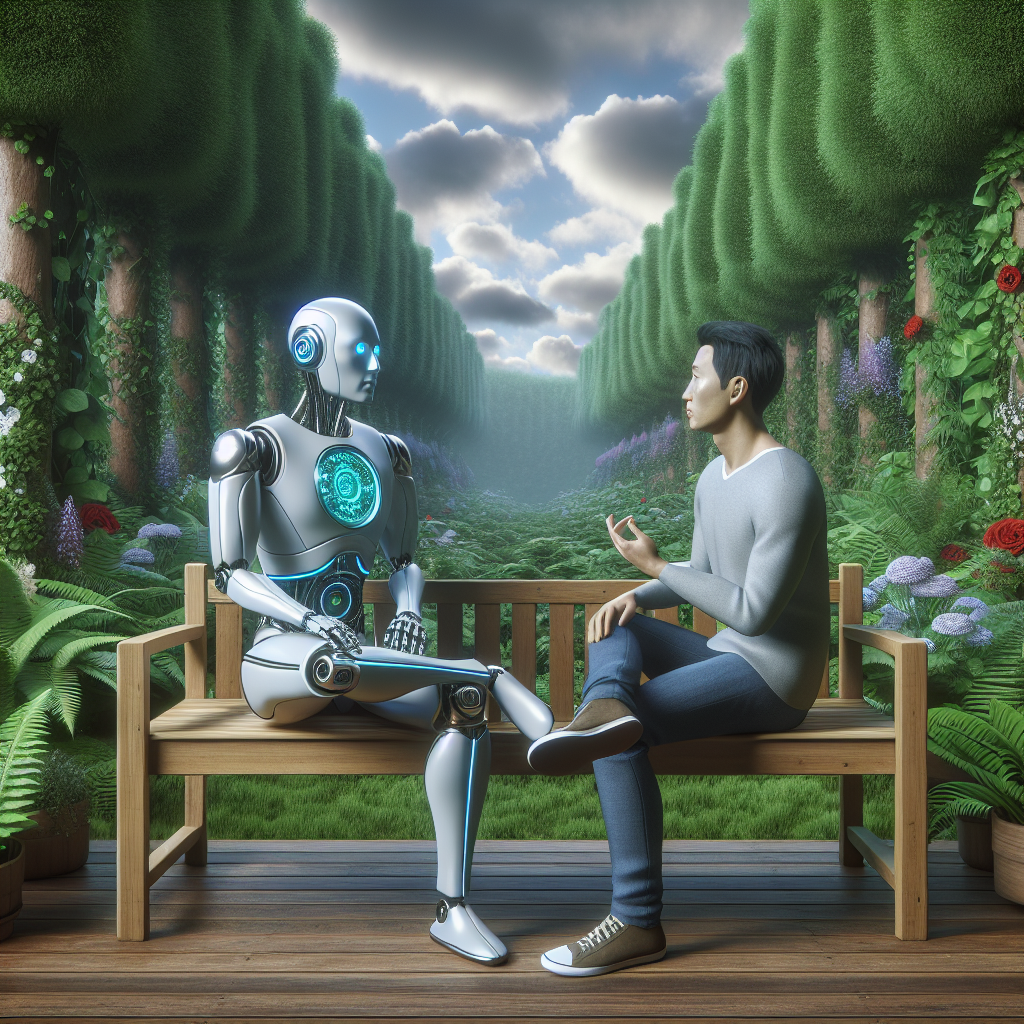Rethinking the AI Conflict
Rethinking the AI Conflict
Introduction to the AI Dilemma
The rapid advancement of artificial intelligence (AI) has sparked a global debate on its implications for society. As AI systems become more sophisticated, concerns about their potential to disrupt industries, economies, and even geopolitical stability have intensified. This article delves into the multifaceted nature of the AI conflict, exploring both the challenges and opportunities it presents.
Key Challenges in AI Development
AI technology poses several significant challenges that need to be addressed to ensure its responsible development and deployment:
- Ethical Concerns: The potential for AI to make autonomous decisions raises questions about accountability and moral responsibility.
- Job Displacement: Automation threatens to replace human labor in various sectors, leading to economic and social upheaval.
- Security Risks: AI systems can be vulnerable to hacking and misuse, posing threats to national and global security.
Opportunities for Positive Impact
Despite the challenges, AI also offers numerous opportunities for enhancing human life and addressing global issues:
- Innovation and Efficiency: AI can drive innovation across industries, improving efficiency and productivity.
- Healthcare Advancements: AI has the potential to revolutionize healthcare through improved diagnostics and personalized medicine.
- Environmental Solutions: AI can aid in tackling climate change by optimizing resource use and reducing waste.
Strategies for Mitigating AI Risks
To harness the benefits of AI while minimizing its risks, several strategies have been proposed:
- Regulatory Frameworks: Establishing clear regulations can help govern AI development and ensure ethical standards are met.
- Public-Private Partnerships: Collaboration between governments and private sectors can foster innovation while addressing societal concerns.
- Education and Reskilling: Investing in education and reskilling programs can prepare the workforce for an AI-driven future.
Conclusion
The AI conflict is a complex issue that requires a balanced approach to navigate. By addressing ethical concerns, leveraging opportunities for innovation, and implementing strategic measures, society can ensure that AI serves as a force for good. As we rethink the AI conflict, it is crucial to foster a collaborative environment that prioritizes human well-being and sustainable progress.






































